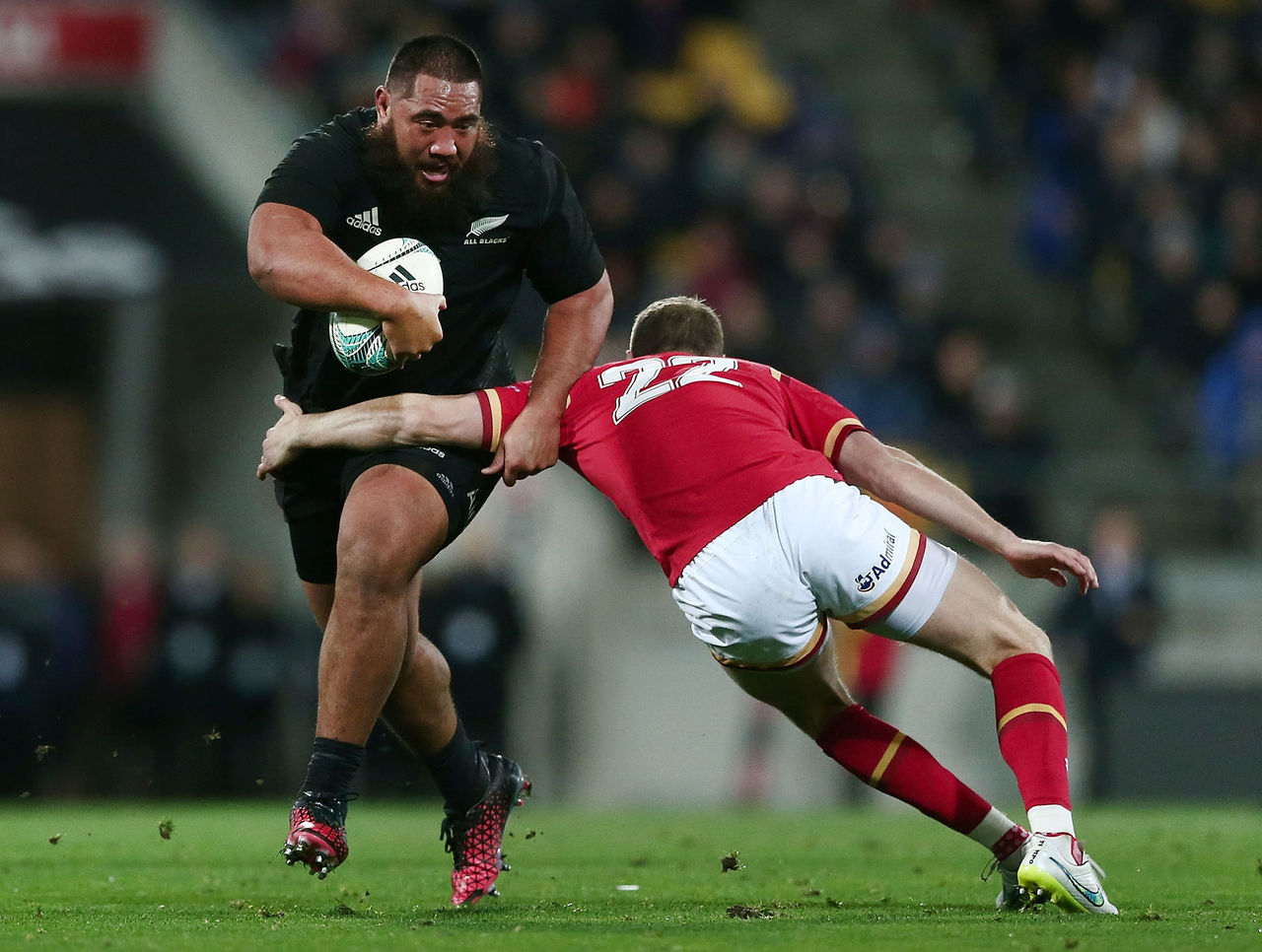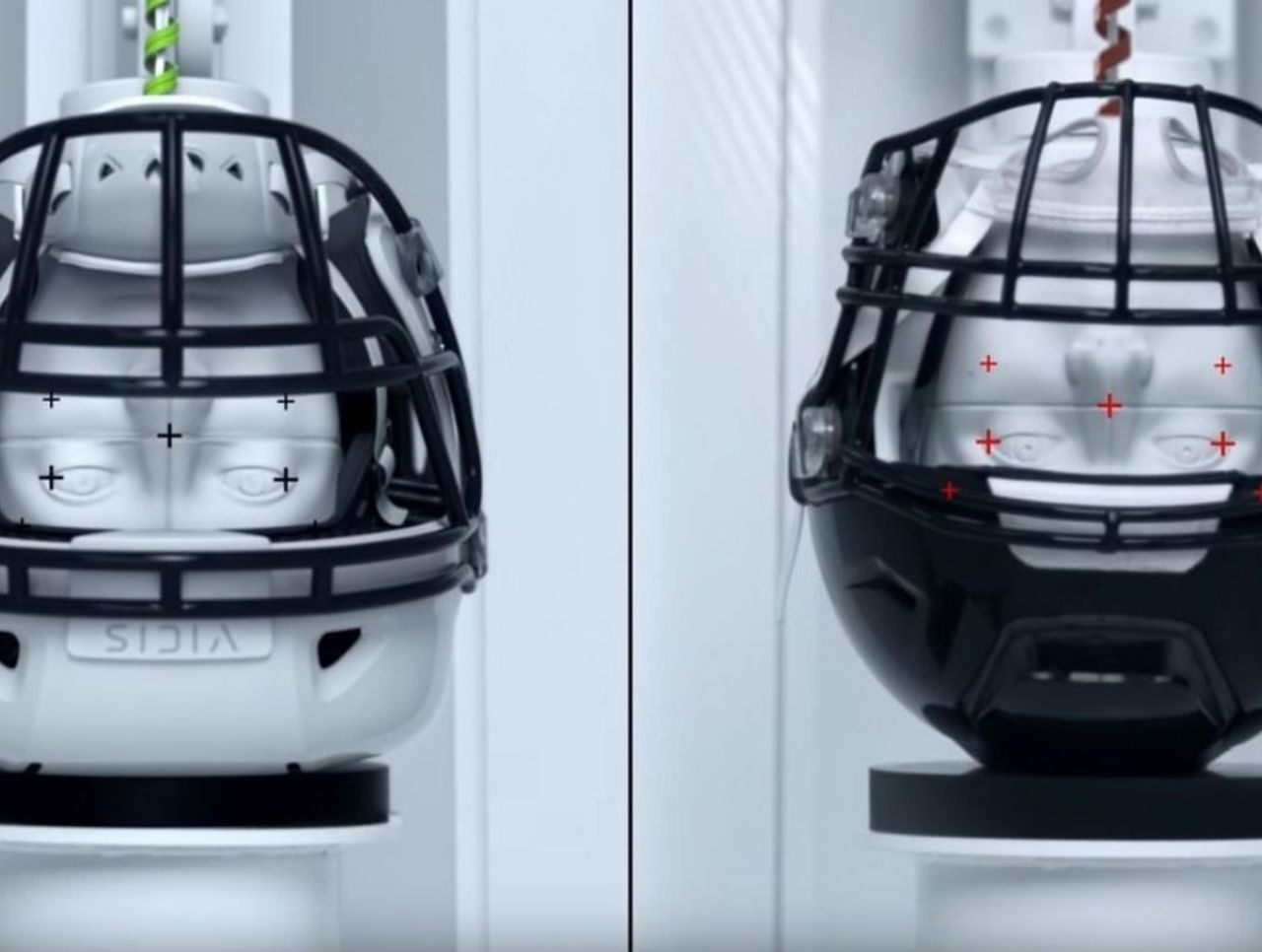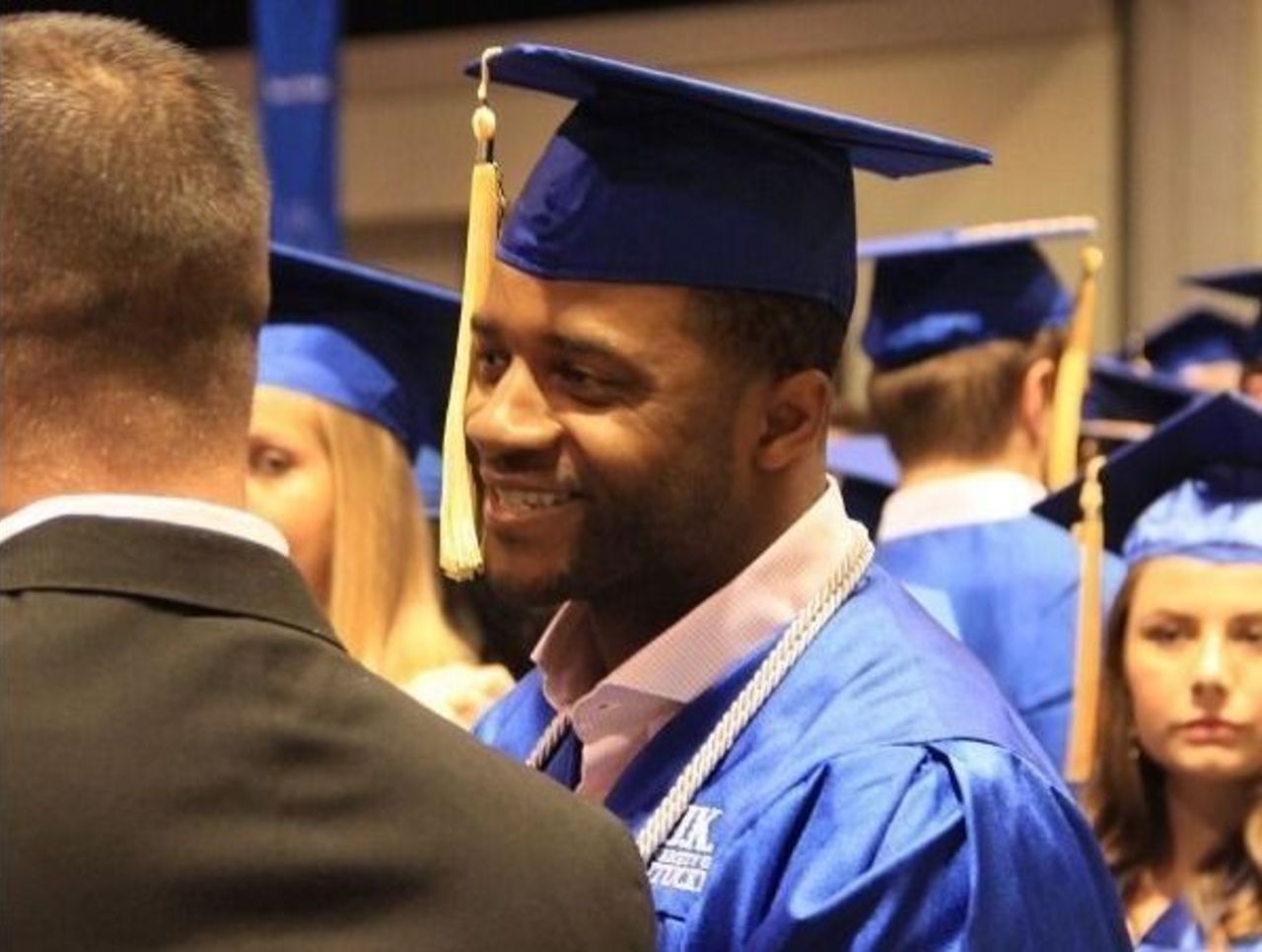Revolutionizing the Game: 3 ways the NFL can increase player safety

The NFL has never been more popular, but the league is far from perfect and must push to remain at the cutting edge of sports and entertainment. In theScore's Revolutionizing the Game series, our NFL editors pitch their radical ideas for improving the NFL in four key areas.
- Rule changes
- Coaching
- Player safety
- Fan experience
Make all dangerous tackles illegal

Football without big hits? Blasphemy.
But removing dangerous contact from one of the world's most violent sports may be a necessary evolution considering how much we've learned (and continue to learn) about the negative effects of blows to the head.
The NFL has taken some steps to eliminate concussions, but much bigger changes are required. The tackle, a fundamental element of football, must be reconsidered at a fundamental level.
In rugby, any tackle above the shoulders is illegal. As a result, players typically tackle by targeting an opponent's waist and wrapping their arms around his thighs. There's evidence this style of tackling isn't just safer, it's also more effective.
The NFL should implement similar rules aimed at making rugby-style wrap-up tackles the norm and the knockout blow-style of tackle extinct. When NFL players kick the habit of aiming high and leading with their shoulders, they will never go back.
And why stop there? Is there any good reason for the NFL to force its biggest stars, the quarterbacks, to stand in the pocket and absorb big hits from rushing defenders 50 pounds heavier than they are? Why not outlaw hits to quarterbacks inside the pocket and make a touch by a defender good for a sack?
There are undoubtedly many fans drawn to the violence of football. Some of those fans will be lost with the introduction of rules aimed at reducing big hits. But many more fans love football for the great catches, superhuman runs, and cerebral battles that characterize the modern game. Preserving players' health will allow them to perform those feats without compromising their long-term health. - David P. Woods
Make concussion-preventing helmets mandatory

With the NFL still refusing to admit there's a link between playing football and long-term brain injuries, a move to make specifically designed helmets that help prevent concussions mandatory for all players might not be possible.
However, it's a move that should happen. While it's uncertain if the technology is quite there yet, the progress would be quickened with the support and funding from the NFL.
Several concussion-preventing helmets have emerged in recent years, with VICIS' Zero1 being the latest example. This helmet, unlike the ones used currently in the NFL, has a soft outer shell that deforms on impact, with an inner column-like structure that then absorbs and disperses the impact. Also, the Zero1's design not only combats linear force but also rotational acceleration, which is believed to be a cause of concussions.
With 271 concussions reported during the 2015 preseason and regular season, the NFL must look at every available option to combat the issue. Rule changes and altering the mentality on concussions are vital to protecting the future of the sport, but those may not be enough if the NFL doesn't recognize that current helmets simply aren't equipped to deal with the type of hits modern players can dole out. - Jack Browne
Force players to graduate from college before entering the draft

The NFL has never had much of a plan for what players are supposed to do when the game is done with them.
With the average NFL career sitting just above three years, hundreds of young men see their lifelong dreams come to an end every season without anything on which to fall back.
Other than coaching or joining the media, playing football doesn’t provide many practical skills applicable to the post-football workforce. Yet, thousands of players postpone learning career skills until then.
It's time for the NFL to start protecting players from themselves and do more than offer an annual media boot camp as preparation for life after football.
Forcing players to graduate from college before entering the draft may not be a popular move among young men dead-set on going pro, but it would virtually ensure they would be able to have a post-NFL career.
While the NCAA has its own set of problems, one thing it can provide is an education for players before they arrive at the pro level. Too many players ignore this opportunity with tunnel vision set on reaching the pros, while the NFL idly sits by, welcoming players who choose to forgo completing their degrees.
Of the 96 players granted early eligibility into the 2016 NFL Draft, 30 went undrafted without much of a guarantee they’ll have a roster spot in September.
Even the most injury-repellent players typically retire in their 30s, leaving the game with most of their lives still ahead of them.
Preparation for that life needs to begin before arriving to the NFL, not after, and it’s time the league did something about it. - Mitch Sanderson
HEADLINES
- Kelce: I'll make retirement decision 'when the time comes'
- NFL Week 17 picks: Bills-Eagles headlines holiday slate
- Week 17 anytime TD bets: McBride highlights 5 value picks
- Saturday NFL betting: Will Ravens keep playoff hopes alive vs. Packers?
- Giants, Raiders have no interest in losing to get better draft pick